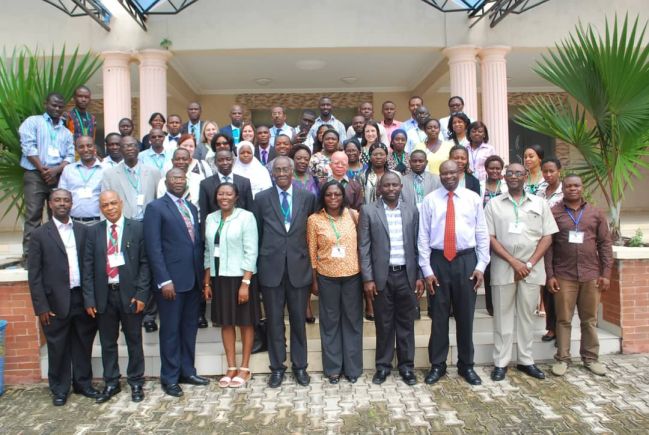A groundbreaking study published in the New England Journal of Medicine has uncovered a significant genetic factor contributing to kidney disease among West African populations. The research, led by scientists from Ghana, Nigeria, and the United States, was conducted under the Human Health and Heredity in Africa (H3Africa) Kidney Disease Research Network. It involved 8,355 participants from Ghana and Nigeria, with 36.7% of the study group hailing from Ghana.
This extensive study is one of the largest genetic investigations into kidney disease in African populations to date. The findings highlight how variants of the Apolipoprotein L1 (APOL1) gene, which historically protected African ancestors from sleeping sickness (trypanosomiasis), are now linked to a higher risk of chronic kidney disease.
Dr. Dwomoa Adu, lead researcher from the University of Ghana Medical School, explained that the study found almost a third of Ghanaians (29.7%) had two copies of the APOL1 gene, while 43.7% carried one copy. For individuals with one copy of the gene, the risk of kidney failure was 18% higher, and for those with two copies, the risk increased by 25%. “These findings are significant because they show how this gene, which once provided a protective advantage, now increases susceptibility to kidney disease,” Dr. Adu said.
The study, which was a collaboration between researchers from Ghana and Nigeria, was spearheaded by Dr. Adu, along with Professors Ojo and Salako. The team included experts from several leading institutions in Ghana, such as the University of Ghana Medical School, Kwame Nkrumah University of Science and Technology (KNUST), and the Noguchi Memorial Institute of Medical Research. Notable contributors included Dr. Charlotte Osafo and Professor Vincent Boima from the University of Ghana Medical School, and Professors Sampson Antwi, Alexander Nyarko, and Anita Ghansah from KNUST and Noguchi.
The APOL1 gene’s impact is an example of a broader evolutionary trade-off, similar to the sickle cell gene, which historically protected individuals from malaria but can lead to sickle cell disease in modern contexts. Dr. Adu explained that, “Just as the sickle cell gene was an adaptation to malaria, the APOL1 gene once helped protect against trypanosomiasis, but now contributes to kidney disease.”
This discovery underscores the complex relationship between genetics, evolution, and modern health challenges. What was once a beneficial genetic adaptation is now a risk factor for a serious disease, with implications extending beyond West Africa to African-descended populations worldwide. The findings could lead to more precise treatments for kidney disease, particularly for populations at higher genetic risk.
The study was supported by major funding from the National Human Genome Research Institute (U54 HG006939), the National Institute of Diabetes and Digestive and Kidney Diseases (U54 DK116913 and U01 DK107131), and the National Institutes of Health’s Office of the Director (1ZI AHG200362).
About the H3Africa Kidney Disease Research Network
Launched in 2010, H3Africa (Human Heredity and Health in Africa) is a groundbreaking initiative co-funded by the National Institutes of Health (NIH) and the Wellcome Trust. Its mission is to empower African scientists to conduct genomics research on diseases affecting African populations, such as malaria, tuberculosis, and sleeping sickness, while advancing knowledge of the genetic and environmental factors influencing health across the continent.









